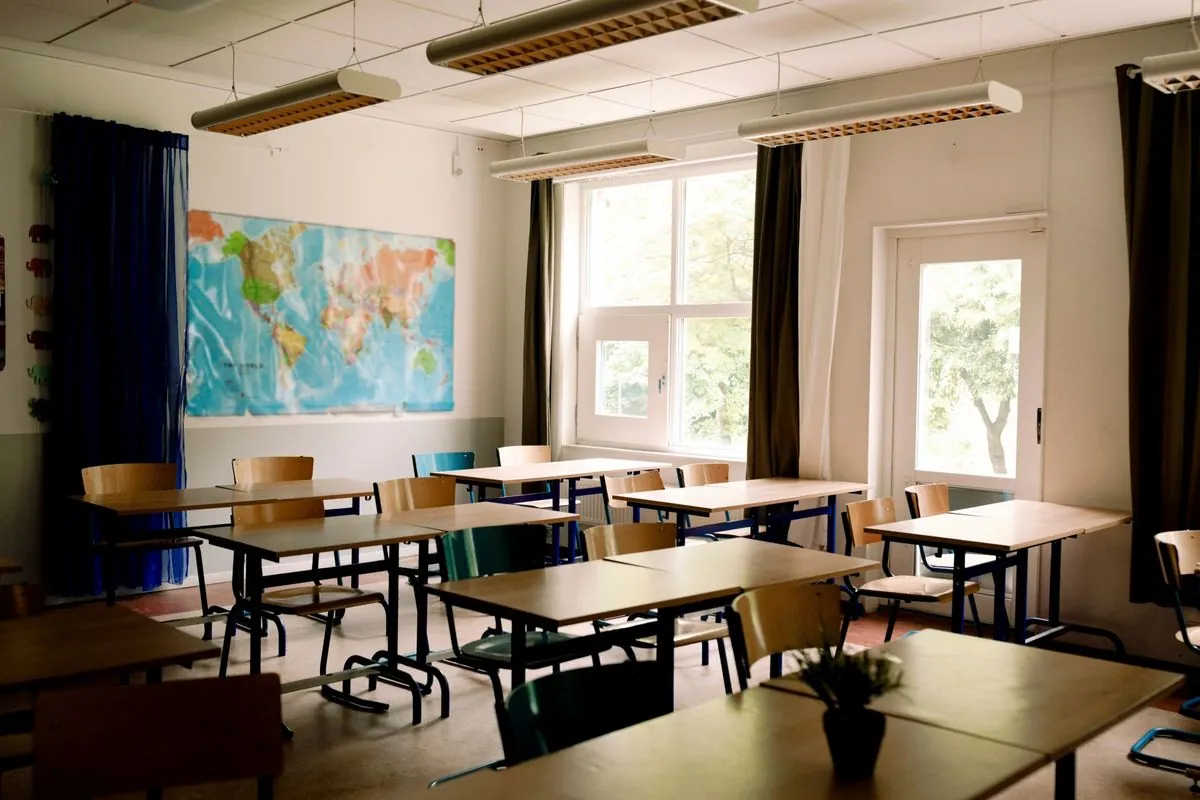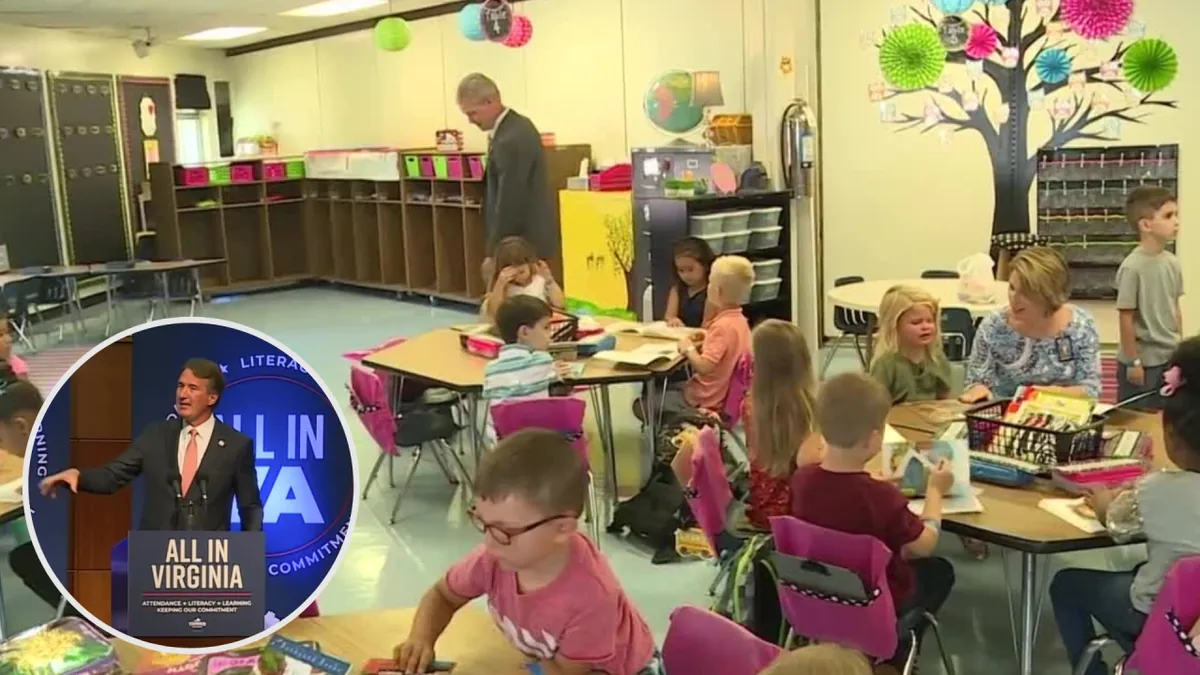Virginia Students Show Slight Improvement in State Tests, Still Below Pre-Pandemic Levels
Virginia's latest state assessment results reveal marginal gains in reading and math, but scores remain significantly lower than pre-pandemic levels. Governor Youngkin emphasizes progress while acknowledging more work ahead.

Recent state assessments in Virginia indicate a modest improvement in student performance, though scores continue to lag behind pre-pandemic levels. The Standards of Learning (SOL) exams, first implemented in 1998, serve as Virginia's primary tool for evaluating academic progress across various subjects.
In the spring of 2024, Virginia students demonstrated a slight uptick in their reading proficiency. The pass rate for reading SOLs increased from 72.5% in the 2022-2023 school year to 72.9% in 2023-2024. However, this figure remains notably lower than the 77% pass rate achieved in the 2018-2019 academic year, prior to the COVID-19 pandemic.
Mathematics results followed a similar trend. The statewide pass rate in math rose from 69.1% to 70.9% over the past year. Yet, this improvement falls short of the 82% pass rate recorded in the 2018-2019 school year. The pandemic's impact was particularly severe in math, with pass rates plummeting to 54% during the 2020-2021 school year.
Glenn Youngkin, Virginia's governor, acknowledged the progress while emphasizing the need for continued efforts. He stated, "We are making progress. We are seeing improvement. We have seen the direction change. But we still have a lot of work to do."

In response to the challenges posed by the pandemic, Youngkin announced a $400 million academic recovery plan in 2023. This initiative, dubbed "All in VA," focuses on three key areas: high-intensity tutoring for students with low SOL scores, addressing chronic absenteeism, and supporting the Virginia Literacy Act, which takes effect in 2024.
The SOL assessments, aligned with Virginia's Standards of Learning developed in 1995, play a crucial role in the state's education system. These tests, administered in grades 3-8 and for certain high school courses, are used to determine school accreditation, evaluate teacher effectiveness, and gauge students' academic progress.
Virginia's experience reflects broader national trends in education during the pandemic. The state was among the first to implement statewide school closures in March 2020, leading to a rapid shift to remote learning. This transition exacerbated existing educational inequities and contributed to increased chronic absenteeism.
As Virginia continues its recovery efforts, the focus on early literacy through the Virginia Literacy Act and the implementation of high-intensity tutoring programs aim to address the learning gaps created by the pandemic. These initiatives build upon Virginia's history of educational reform efforts dating back to the 1990s, demonstrating the state's commitment to maintaining its reputation for rigorous academic standards and assessments.
"We are making progress. We are seeing improvement. We have seen the direction change. But we still have a lot of work to do."
While the recent improvements in SOL scores offer a glimmer of hope, they also underscore the significant challenges that remain in restoring student achievement to pre-pandemic levels. As Virginia's education system continues to adapt and recover, the coming years will be crucial in determining the long-term impact of these efforts on student success.


































